The Mohawk community will now move forward with its own plan to license and regulate the sale of cannabis within its borders. The South Shore community rejected Ottawa’s cannabis legislation earlier this month, opting instead to create its own laws governing the growth and sale of legal weed in Kahnawake.
A majority of voters in Kahnawake have cast their ballots in favour of legalizing cannabis on the Mohawk territory.
The South Shore community rejected Ottawa’s cannabis legislation earlier this month, opting instead to create its own laws governing the growth and sale of legal weed in Kahnawake.
Before moving forward with any law, Kahnawake’s band council put the issue to a vote last week. In the end, 54.6 per cent of the 425 band members who went to the polls voted to allow the sale of cannabis in their community.
“If we’re going to move forward with legalization, we’re going to get it right,” said Joe Delaronde, a spokesperson for the band council. “We want to understand what the will of the community is here and if it’s right for us.
“Now, chief and council will meet, go over the results of the vote and see what the next step is. After that, we’ll meet with community members and try to get legislation passed.”
As the Liberal government pushed the Cannabis Act through parliament last spring, it was repeatedly delayed in the Senate. One of the major stumbling blocks was the lack of consultation with Indigenous communities.
Senator Lillian Eva Dyck said that, after consulting with First Nations and Inuit communities, her concerns were twofold.
“The potential for increased harmful effects on Indigenous communities on the one hand, and the possibility of losing out on economic opportunities on the other,” said Dyck, last June. “We must address these issues.”
In the end, the federal government passed the legislation despite protests from Dyck and Indigenous leaders across Canada.
In Kahnawake, rather than accept an imperfect law, the band council decided to host its own consultations. Last year, council conducted a telephone poll that reached about 300 members, asking them where they stood on the issue.
“It was a real toss up,” said Delaronde. “It was clear we needed to take it a step further.”
Chief Gina Deer, who’s in charge of economic development, says she’s disappointed but not surprised with the Liberal government’s consultation process.
“It’s par for the course,” she told the Montreal Gazette last week. “In the absence of real consultation from the federal government, we took matters into our own hands. We’re not just going to have something imposed on us.”
Last summer, when Ottawa finally passed the Cannabis Act, Kahnawake began work on the Cannabis Control Law. The law would create a band-appointed board that would regulate the growth and sale of cannabis on Mohawk territory.
Unlike current provincial laws, the Kahnawake legislation sets the minimum legal age to buy cannabis at 21 years old. The Mohawk-run board would also license individual dispensaries and greenhouses.
However, until that law is on the books, the sale of cannabis on reserve is prohibited. One local dispensary, Green Leaf, has been shut down four times by local peacekeepers.
“The message isn’t getting through to everyone, I guess,” said Deer.
The community has already met and band members have suggested amendments to the Cannabis Control Law. Delaronde says the council will hold another meeting within the next two weeks.
Should Kahnawake pass the legislation, it could partner with Canopy Growth.
The company, valued at $4 billion, is Canada’s largest manufacturer of legal cannabis and it has signed a non-binding partnership agreement with the band council.
Though none of the details have been finalized, Canopy has raised the possibility of building a 4,500 square-metre greenhouse and packaging plant on the Mohawk territory.
Deer says the band council is looking for a true partnership that would create about 75 local jobs and offer Kahnawake a stake in the facility’s profits. For Canopy, a greenhouse in Kahnawake would give the company a foothold across the river from Canada’s second-largest city.
“If you’re going to partner with someone in the industry, they’re the partner you want,” Delaronde said. “There’s a lot of potential, but it’s still early in the process. We don’t want to get ahead of ourselves.”

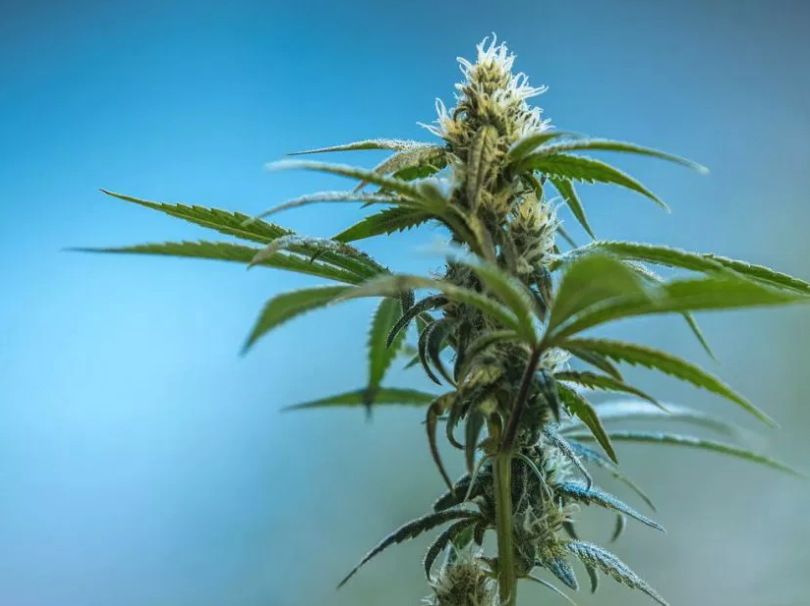


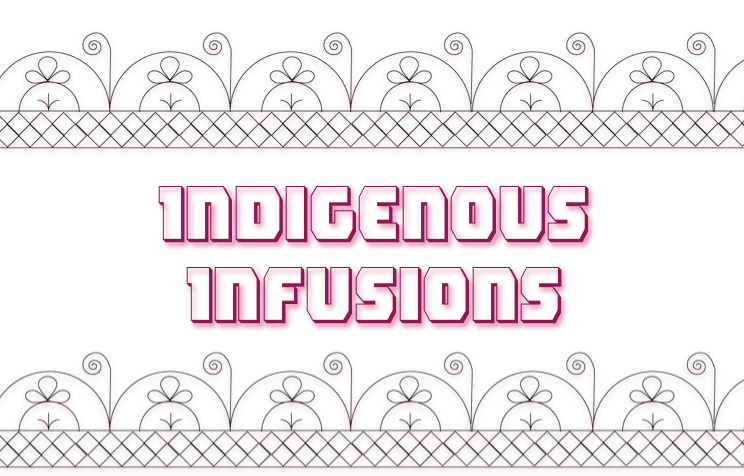


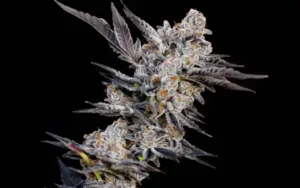

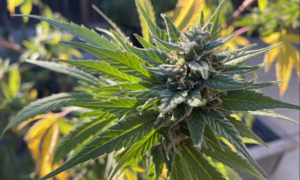
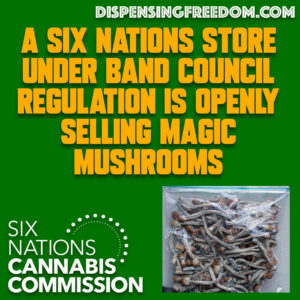
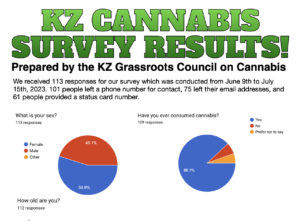
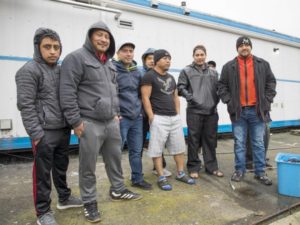
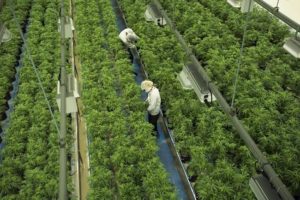
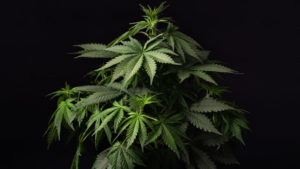
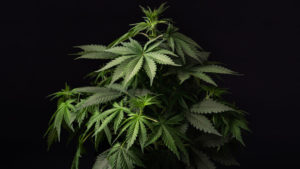

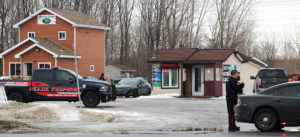
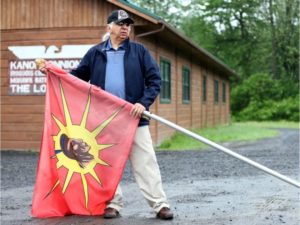

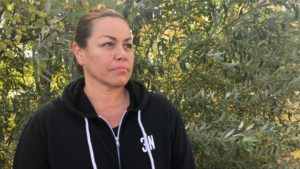


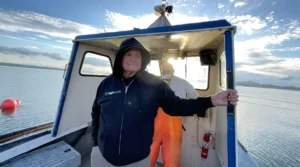



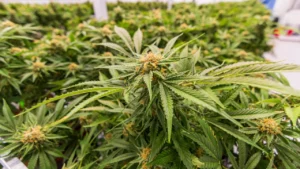
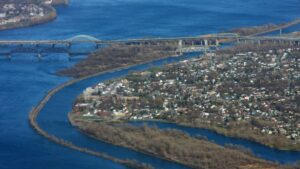


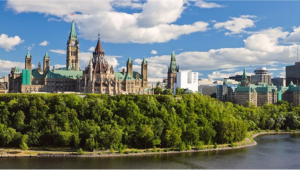


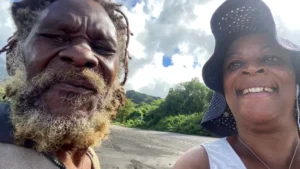

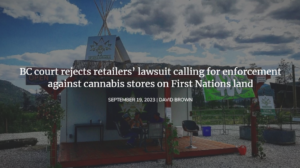
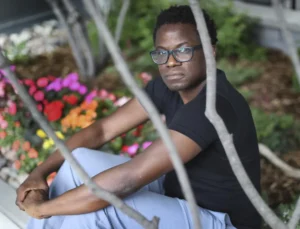
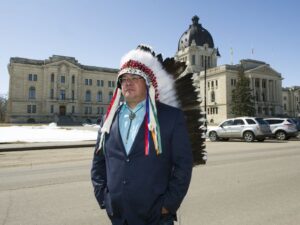
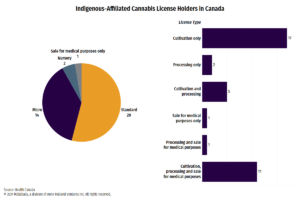
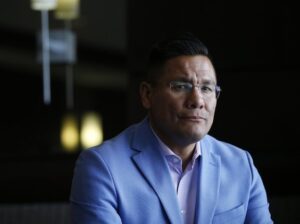









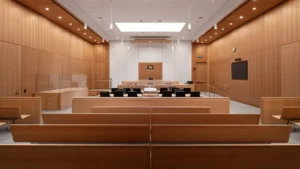
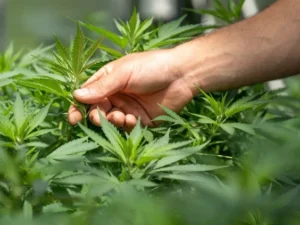



Comments are closed.